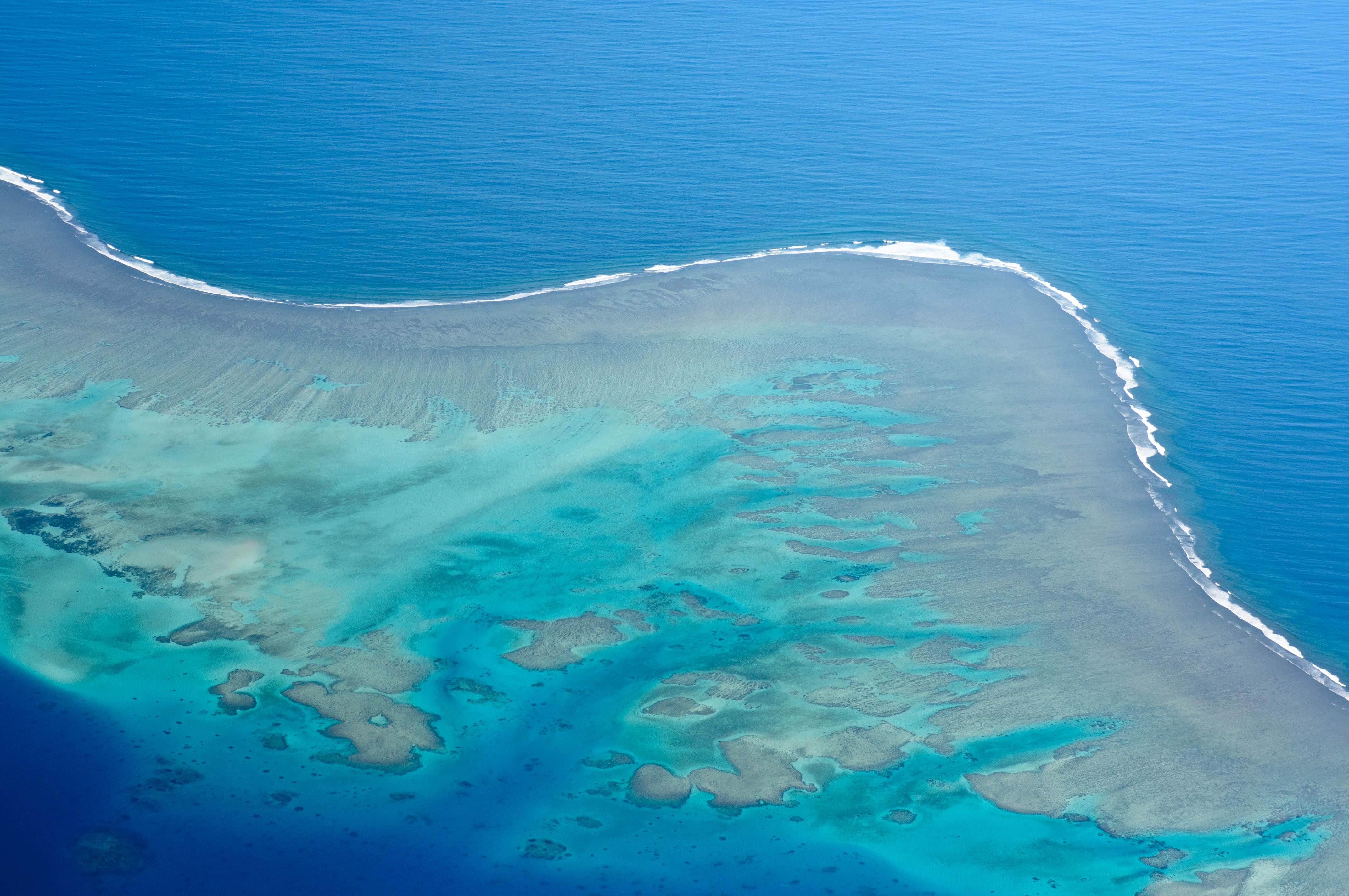PACPATH

PACPATH
PACPATH - Pacific Ocean Pathways in support of sustainable development: An integrated approach
Based on the importance of SDG 14 and its interlinkage to all other 16 SDGs, particularly SDG 13 and 15, for the Pacific Island Countries (PICs), our two year project - PACPATH- aims at establishing efficient and sustainable trans-disciplinary processes, methods and networks allowing stakeholders as scientists, indigenous and civil organizations of the Pacific Islands to share common objectives and actions in order to achieve environmental sustainability.
Stakeholders, including communities, policy and decision makers, business and industry, scientists, indigenous organizations, customary authorities, and non-governmental organizations need sound science, targeted expertise, and reliable data-based information to make informed decisions at the right time and for the right timescale. The current communication of scientific information in support of SDGs needs to be better targeted and co-constructed with local communities, knowledge-holders and other stakeholders.
To reach this target and develop ocean sciences and services that have the best chance to turn into effective actions, it is necessary to co-construct projects and develop a participatory science approach that favors ocean literacy, policy effectiveness, and the definition of appropriate indicators. This requires a transdisciplinary approach that engages regional to local stakeholders to i) reinforce common understanding of the state, variability and change of the marine environment, ii) co-design robust strategies for Pacific Island ocean stewardship, and iii) co-produce innovative coastal sustainability initiatives and pathways to achieve these desired outcomes.
In this proposal, we propose to build a Pacific stakeholder network drawing on two pilot sites, Fiji and New Caledonia, examining the impacts of climate change and other stressors on the ocean environment and ecosystem services, and their consequences for environment, society, economy, and attainment of the SDGs. These pilot sites will create the framework and methodology and serve as a guide for application and adaptation to other interested PICs.
PACPATH is organized in 6 interlinked workpackages (WP):
- WP0: Overall coordination
- WP1: SDG14 regional projection, SDGs interactions, research capacity and ocean literacy
- WP2: Networks, Institutions and Organizations for Sustainability
- WP3: Information synthesis and indicator development by engaging stakeholders
- WP4: Policy-making and governance
- WP5: Transdisciplinarity - Method for co-construction and engaging
Video presentation: https://atlas.mercator-ocean.fr/s/naPzsKwpcKkNdmy
Newsletter Décembre 2022 (eng)
---------
Responsable du projet (au sein de SENS)
Pierre-Yves Le Meur
Equipe mobilisée au sein de SENS
- Elodie Fache
- Estienne Rodary
Dates début et fin des travaux
juin 2021 — déc. 2023
Terrains
Nouvelle-Calédonie, Fidji
Partenaires
- UMR LEGOS
- UMR ENTROPIE
- UMR MIO
- University of the South Pacific, Fiji
- Pacific Community, New Caledonia
- Trier University, Germany
- Helmholtz Centre for Materials and Coastal Research, Germany
- Humboldt University of Berlin, Germany
- Leibniz Centre for Tropical Marine Research, Germany
- University of Maryland Center for Environmental Science, United States
- Kiel University, Germany
- Leuphana University, Germany